Posted on 9/20/2021
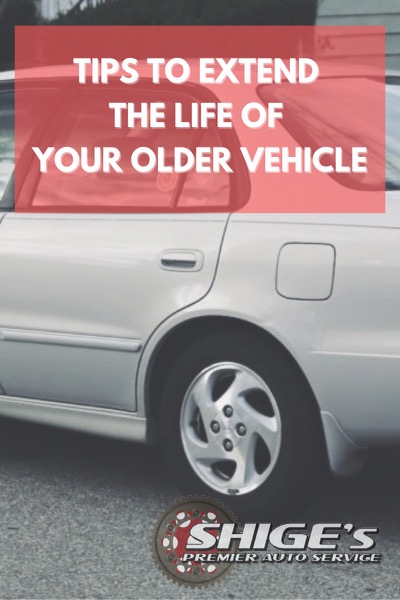
With the cost of a new vehicle purchase averaging $37,000 more Americans are keeping their cars past 100,000, 150,000 and even 200,000 miles with many households delaying purchases on a new car or buying used cars. In order to improve the longevity of your older vehicle, you need to know how to take care of your older car and be proactive about routine maintenance. Here's a few simple reminders to avoid spending thousands of dollars on costly damage and repairs and keep your older vehicle running safely and reliably for many more years to come: CHANGE FLUIDS REGULARLY CHECK TIRE PRESSURE FREQUENTLY CHANGE OIL AND FILTER ROUTINELY REPLACE SPARK PLUGS MAKE SURE BATTERY IS IN GOOD SHAPE REPLACE WORN OUT PARTS WHEN NEEDED Getting your car serviced by a trusted, professional mechanic routinely can significantly reduce the risk of breakdowns, accidents and expensive repairs. Whether your car is older or new, our team of tale ... read more
Posted on 9/20/2021
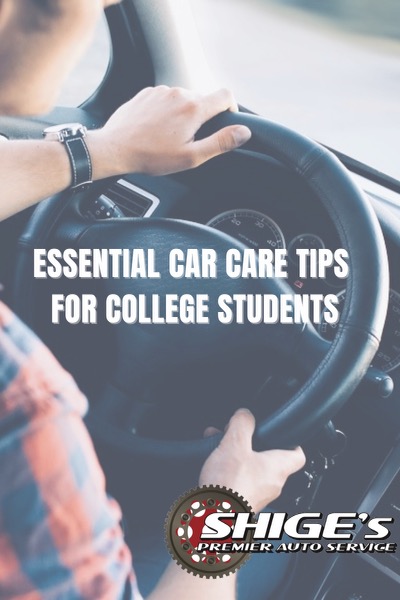
As fall classes have started for our local college students in the South Bay if you own a car and need it to get to school or even a part time job, now is the time to take extra measures to ensure your car is in good condition for the season ahead. Here are some essential CAR CARE TIPS FOR COLLEGE STUDENTS to avoid any unnecessary car trouble and running in tip top shape this semester: CHECK YOUR TIRES - check tire pressure at least once a month (don't forget to check tire tread for any damage before you hit the road) TOP OFF ALL FLUIDS - Including but not limited to engine oil, engine coolant, brake fluid, power steering fluid, transmission fluid, differential fluid, and washer fluid INSPECT ALL YOUR LIGHTS - interior and exterior lights, replace any broken bulbs ASAP KEEP YOUR CAR BATTERY CHARGED - test your battery, especially if it's over 3-4 years old, there is a chance it may need to be re ... read more
Posted on 7/27/2021
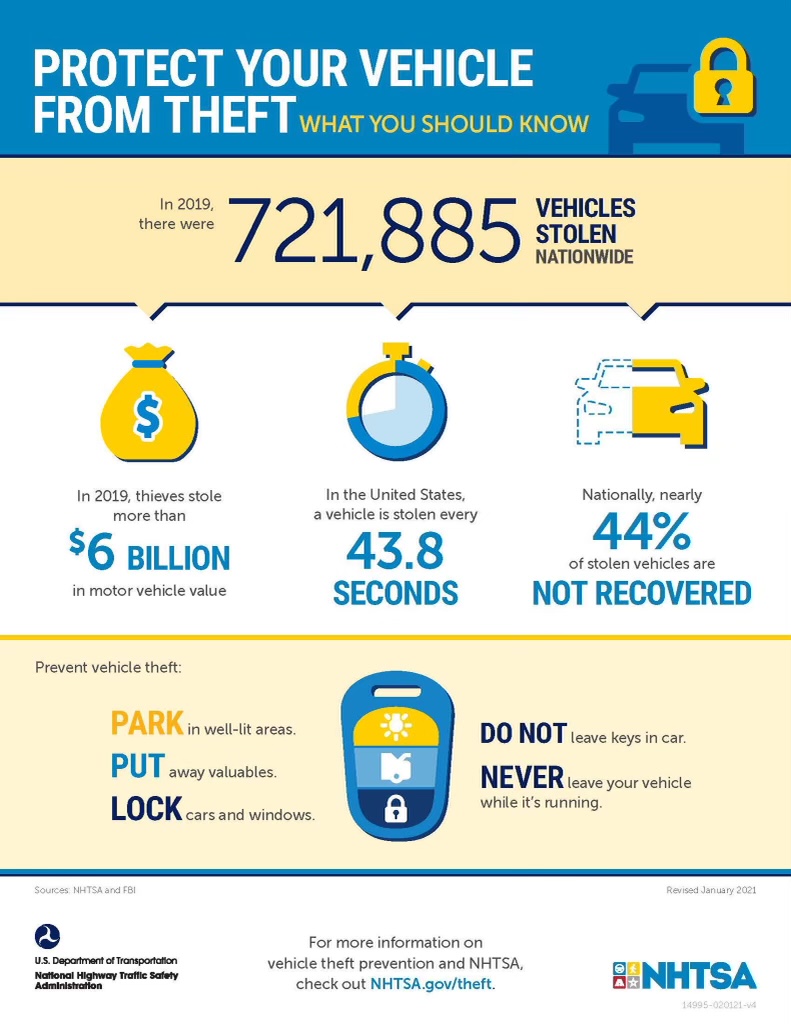
National Vehicle Theft Prevention Month Tips to Safeguard Your Vehicle For most of us motor vehicles are our primary mode of transportation that we rely on a daily basis and the thought of your car disappearing can be very distressful. The most auto thefts occur in the summer so with July being "National Vehicle Theft Prevention Month" we want to help you protect your vehicle from theft, here are some tips to safeguard your vehicle: PARK IN WELL LIT AREAS PUT AWAY VALUABLES LOCK CARS AND WINDOWS DO NOT LEAVE KEYS IN CAR NEVER LEAVE YOUR VEHICLE WHILE IT'S RUNNING With California having the most motor vehicle thefts in the U.S.., it's a reminder that no car is immune to the risk of theft, even older or damaged vehicles are prone to theft as they can be dismantled and individual parts get sold. As you are already investing money and effort into your vehicle with repairs and tune ups, it only takes a few moments to secure your vehicle from the ... read more
Posted on 6/28/2021
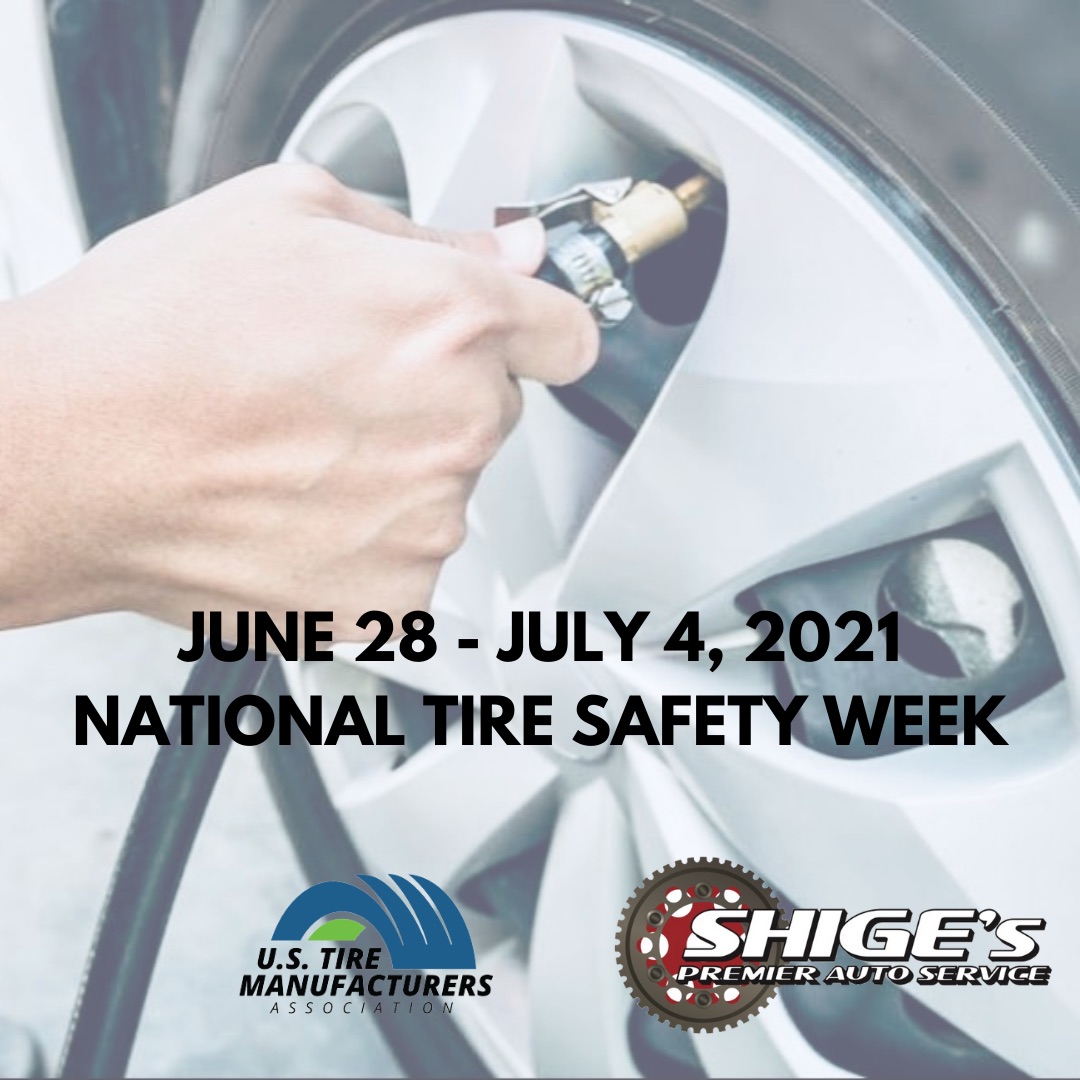
National Tire Safety Week Tips to Stay Safe on the Road 4th of July This week 6/28 - 7/4 is National Tire Safety Week and with the 4th of July holiday weekend upon us we'd like to remind you about the importance of tire safety. Your tires are the only part of your vehicle that touches the road, so it's imperative to keep them in top shape to help you stay safe on the road. Here are a few important tips to remember: Pay attention to tire tread depth - Tire tread depth condition should be routinely checked. Make sure your tires are not close to balding, once the rubber on the tire has been worn down it can greatly reduce the vehicle’s handling and performance. Keep an eye on tire pressure - Check tire pressure monthly and before every long road trip. Keeping tires properly inflated will help ensure longevity and even tire wear, resulting in optimal performance. Driv ... read more
Posted on 5/22/2021
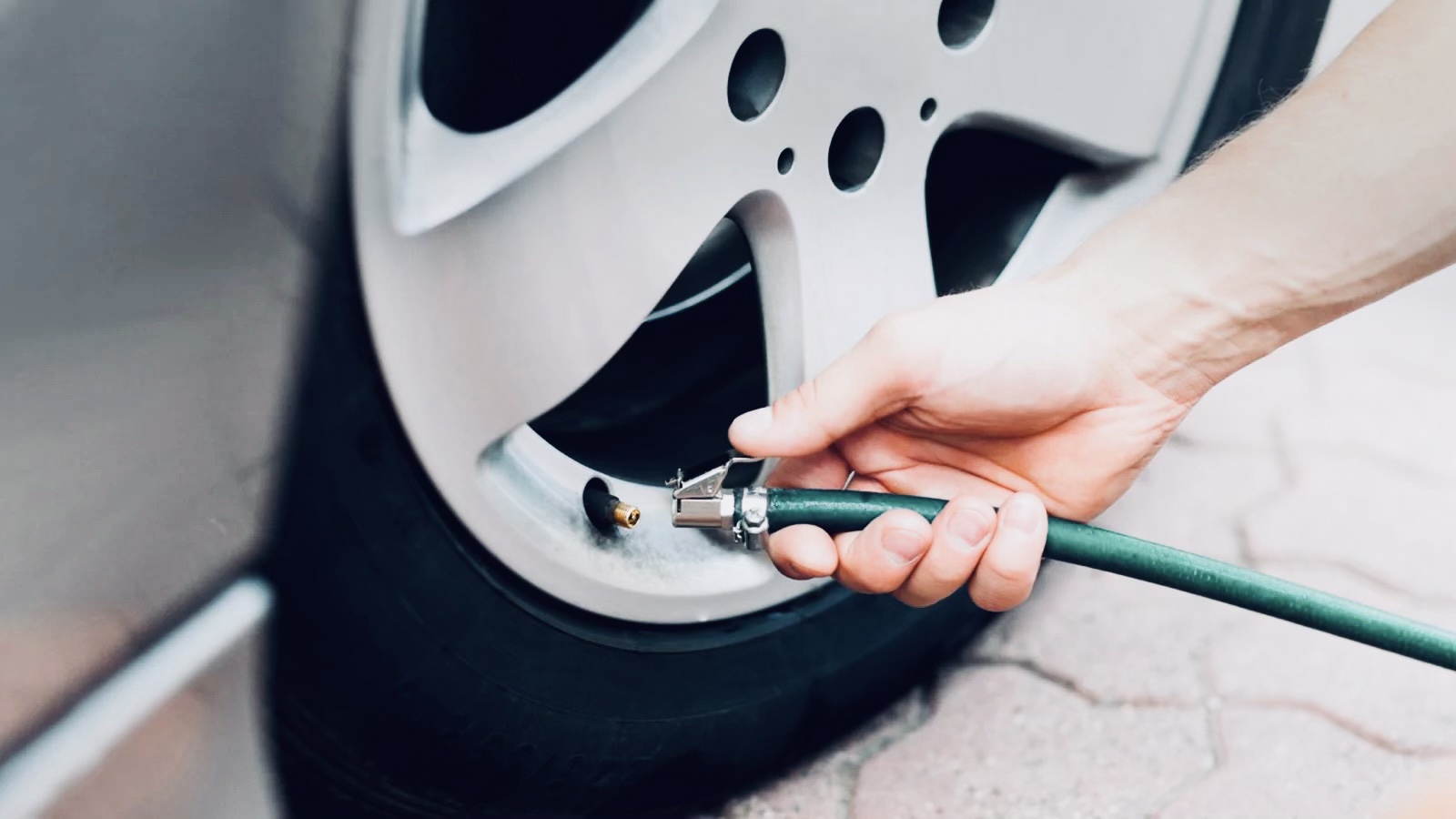
Your tires experience tremendous amount of wear and tear and is often neglected despite being the only part of the car that touches the road, however you can extend the life of your tires and stay safe on the road just by following these simple tips: - Check tire pressure monthly and before every long road trip (Driving with improperly inflated tires is very dangerous and can cause damage to your tires, not to mention affect your drive and lower your fuel efficiency) - Get tires rotated every 5,000 miles although this varies on vehicles and driving demands (performing scheduled tire rotation preserves the balance handling and traction, and promotes even tread wear) - Adjust your driving style (aggressive acceleration, braking and steering will put an extra strain on your tires causing them to wear your faster) - Check your alignment twice a year, we offer free tire alignment inspections! (Driving over a pot hole o ... read more